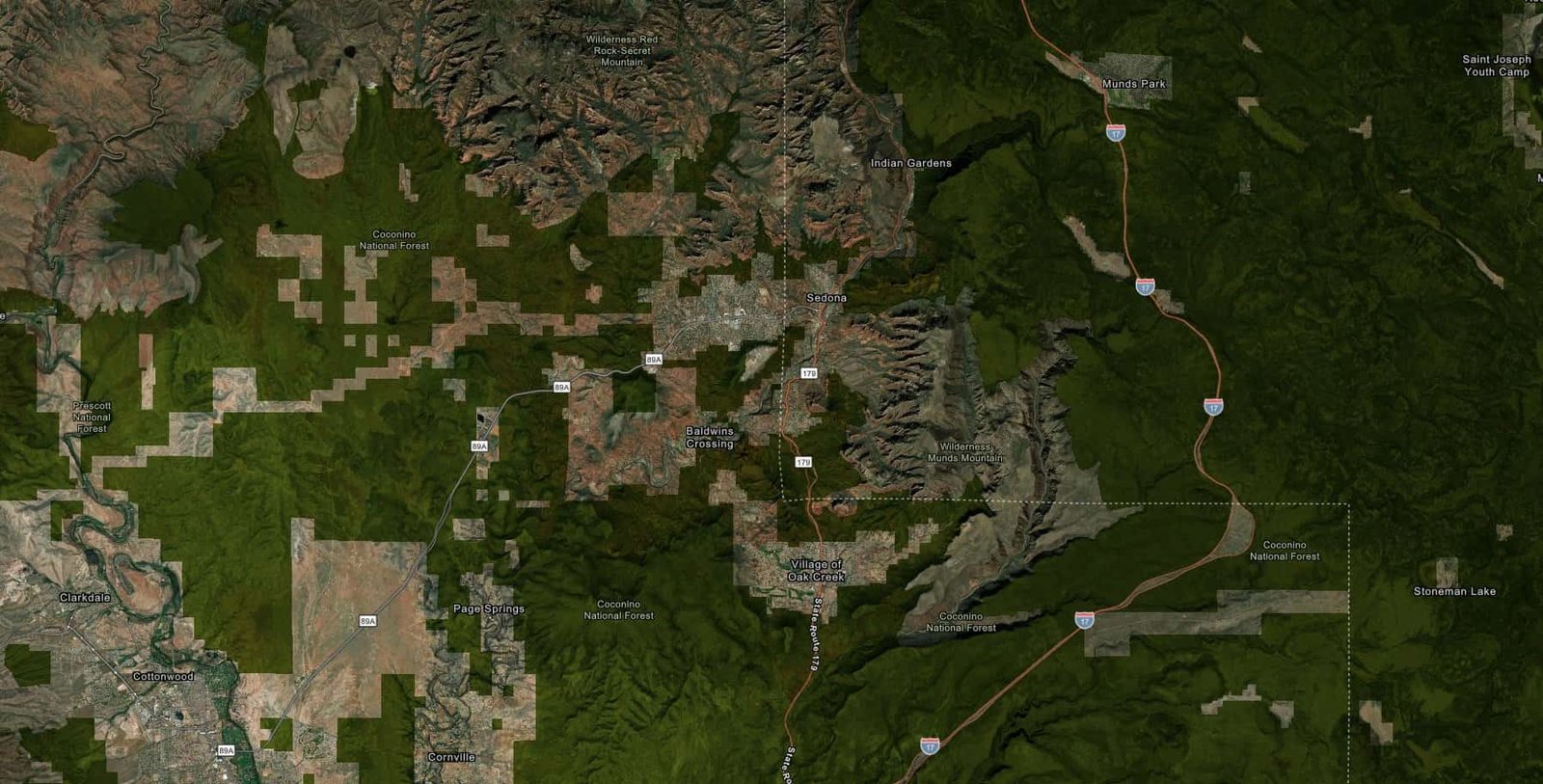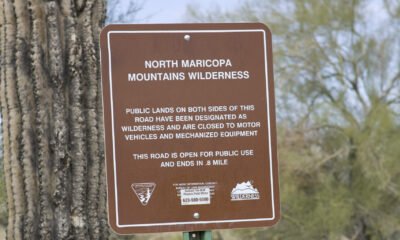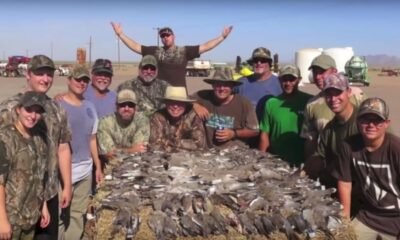City News
Federal Lands Up for Grabs: The Byrd Sale Unveiled

On June 23, Senate Parliamentarian Elizabeth MacDonough cast uncertainty on a proposal to sell up to 3 million acres of public land, managed by the Bureau of Land Management (BLM) and the U.S. Forest Service. This legislative measure emerged from the Senate’s Energy and Natural Resources Committee draft.
The proposed sale, aimed at facilitating housing development, faced significant hurdles. It could be included in the bill but would require 60 votes to pass—a challenging prospect given the current Republican majority of 53-47 and Democratic opposition. Alternatively, it might be removed, which could allow the remaining bill to progress with a simple majority of 51 votes.
Led by Senator Mike Lee (R-Utah), Senate Republicans sought to mandate the selling of 0.5 to 0.75% of BLM and USFS lands across 11 western states, excluding Montana, whose senators expressed their disapproval. MacDonough ruled that this proposal violated the Byrd Rule, which restricts unrelated policy measures from being included in budget reconciliation bills.
During a Sedona City Council meeting on June 24, Assistant City Attorney Monique Coady elaborated on the Byrd Rule, noting it necessitates greater support for such proposals than a simple majority. The One Big Beautiful Bill Act, which incorporates this measure, passed the House in May and is under Senate review.
In response, the Sedona City Council approved a resolution opposing mandatory federal land sales. Several members voiced concerns over potential future attempts by Congress to push similar legislation.
The Wilderness Society raised alarms regarding the limited exemptions in the proposed sale legislation, which includes Wilderness Study Areas, Areas of Critical Environmental Concern, and critical habitats. “Based on those limited restrictions, over 250 million acres could be eligible for sale,” they stated.
Council discussions referenced the Wilderness Society’s mapping data, which illustrated large stretches of U.S. Forest Service land that could be affected, including areas around Schnebly Hill and Cathedral Rock.
Following MacDonough’s decision, Lee indicated changes to his proposal via social media, signifying that the sale of USFS land would no longer occur. Instead, only BLM land within five miles of population centers would be considered for sale, along with a call for “freedom zones” to support future housing initiatives.
Coady noted her belief that Lee’s intentions remain consistent despite the parliamentarian’s ruling. During the council meeting, representatives voiced similar concerns regarding local control and the implications of federal mandates on land development.
Nikki Check, a Yavapai County Supervisor, highlighted the chaotic nature of federal interference in local land use and development decisions, questioning the feasibility of federal mandates in managing local resources. U.S. Senator Mark Kelly’s outreach coordinator, Judy Sulltrop, reaffirmed Kelly’s opposition to any forced sale of public lands, underscoring the need for vigilant advocacy at the federal level.
As discussions unfold, the Sedona City Council’s resolutions and public comments reflect broader concerns over potential legislative actions and their impacts on public lands in Arizona.


















